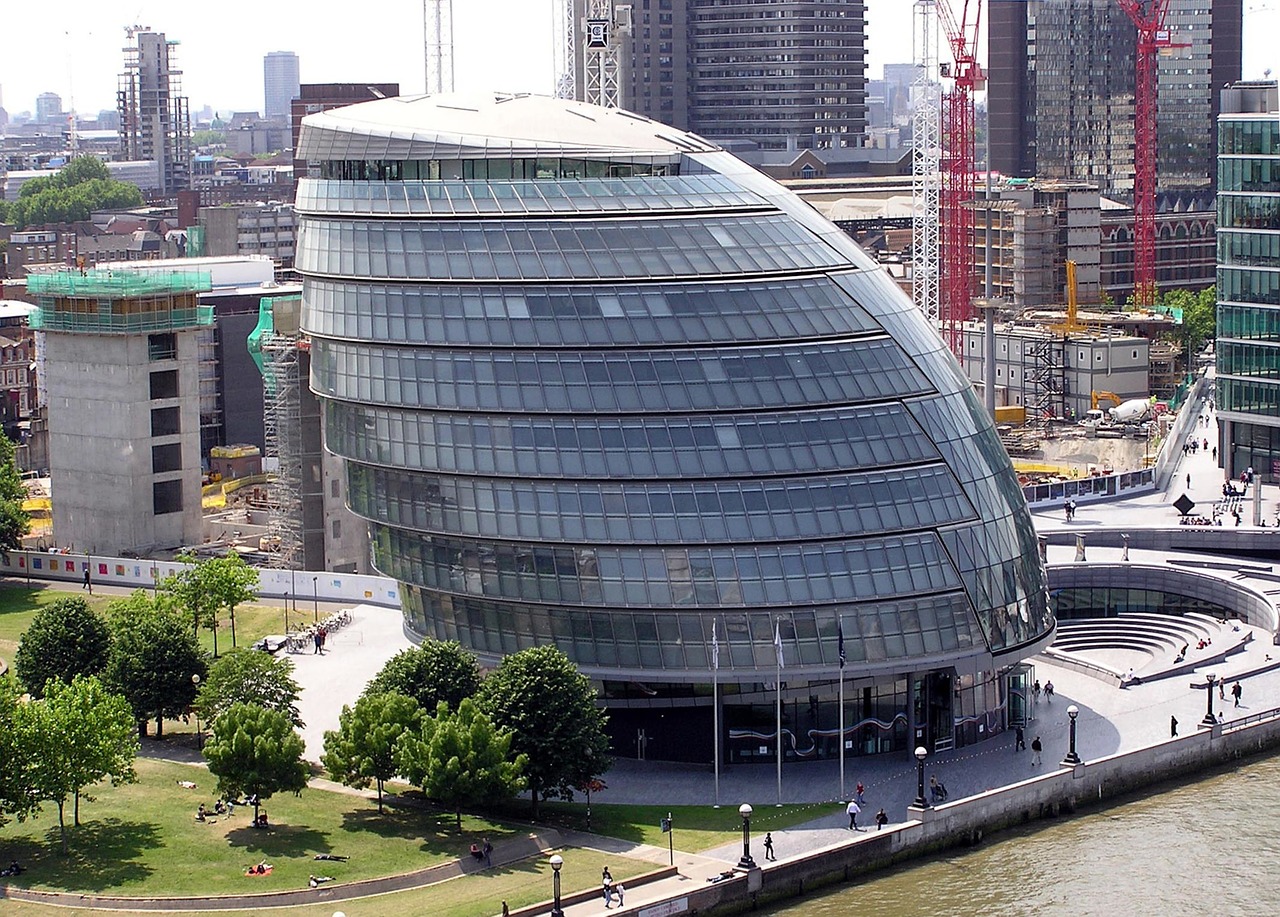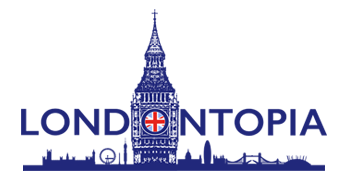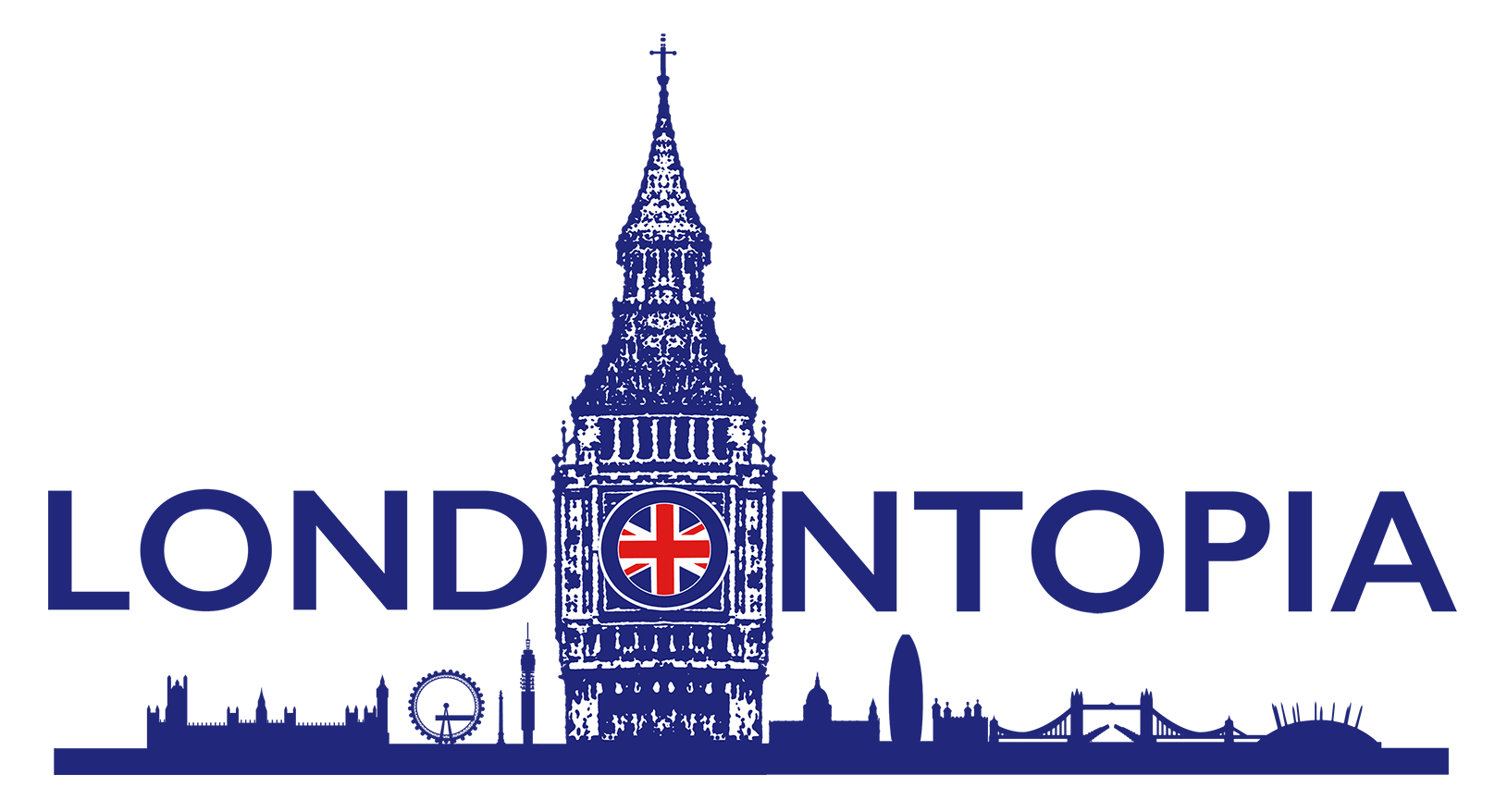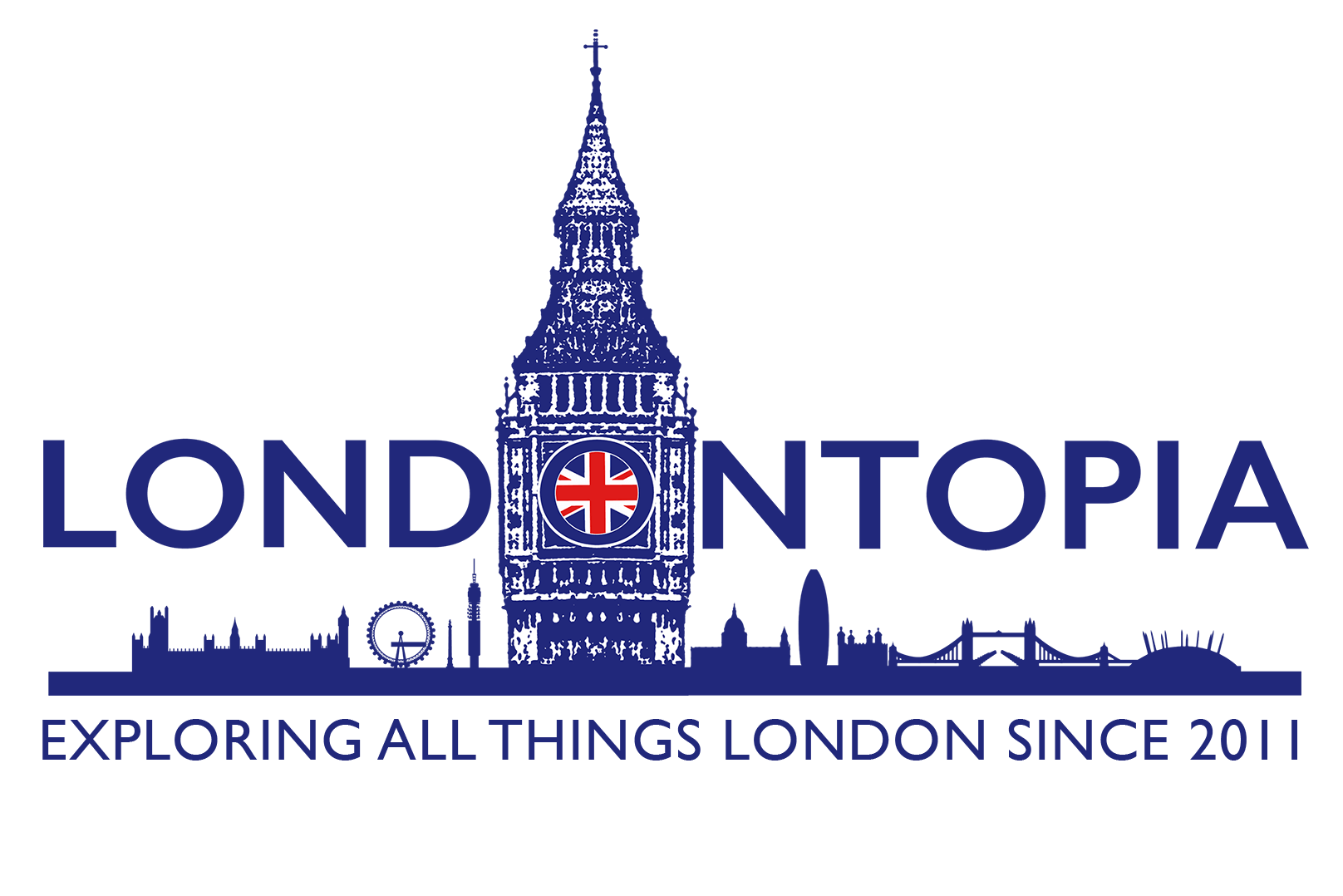Since 1965, the Greater London Council had been the governing body for most of London outside of the City of London. Now London’s principal municipal government corporation is the Greater London Authority; there are a lot of people today that may forget that London spent nearly 14 years without a central authority. So what happened to the Greater London Council, and what necessitated a new local government for London? Join us on a fascinating study of the period from 1986 to 2000 and the shift from one local government to another.
In 1981, Margaret Thatcher was in 10 Downing Street, and Ken Livingstone was in County Hall. Thatcher was a staunch Conservative who coined the term “Thatcherism” for privatization and small government. Meanwhile, Livingstone was a progressive champion who was so liberal that his critics dubbed him “Red Ken.” Naturally, the two clashed repeatedly on policy, with Thatcher preferring to slash spending while Livingstone sought to increase it. Livingstone was also amongst Thatcher’s most vocal critics, and the battles between the two governmental organizations were often very public. Additionally, the Conservatives in Parliament repeatedly found themselves in conflict with other municipalities that had come under the control of the Labour Party.
By 1983, the abolition of the GLC and other municipal county councils became a policy goal of the Tories and was included in the party’s Conservative Manifesto that year. The Conservative Party referred to the GLC as “a wasteful and unnecessary tier of government.” It brought forth the Local Government Act in 1985 to end the GLC, and while the legislation was protested by members on both sides of the aisle, it ultimately passed with a narrow majority. The act abolished not only the GLC but six other municipal governments and created joint committees of Parliament to manage the cities and counties. Parliament formed several bodies to deal with London services, and many other powers were relegated to local borough councils.
This arrangement lasted from 1986 until 2000. In 1997, Labour came back into power in Parliament under Prime Minister Tony Blair. Amongst Labour’s campaign promises was the establishment of a new governmental authority for Greater London. Labour’s proposal was a mayor-council system that existed in most American cities, with an elected mayor and a legislative council of elected representatives. They put forth the Greater London Authority (Referendum) Act 1998 to gauge the public’s desire for a new form of municipal government.

While voter turnout for the referendum was incredibly low at 34%, the referendum passed overwhelmingly at 72%. Parliament then set about bringing the Greater London Authority Act 1999, establishing the GLA as well as rearranging the geographic authority of the Metropolitan Police Service to match the boundaries of Greater London. Local boroughs were still responsible for many functions within their boundaries, but fire, police, transport, development, and other cross-borough concerns were brought under the GLA’s power. In 2000, the first mayoral election took place, and when the Labour Party did not support Livingstone’s run, he became an independent and defeated both his Labour and Conservative opponents.

The GLA remains the primary authority for every borough outside of the City of London. Since its inception in 2000, Greater London has had only three mayors, with Boris Johnson coming into the office in 2008 and current mayor Sadiq Khan’s election in 2016. The GLA has been headquartered in City Hall since it opened in 2002, but the GLA does not own the building and has leased it all that time. This prompted the authority to move into their own building, The Crystal, in 2021. It remains to be seen what lies ahead for the GLA in the future or if the city’s central government will change form again in the future.
A Little Bit of London In Your Inbox Weekly. Sign-up for our free weekly London newsletter. Sent every Friday with the latest news from London!




No love for the LCC?
Always felt the GLC was more coherent than the GLA.
https://www.youtube.com/watch?v=Q8q3Q2JIJQQ
Worth noting that Ken Livingstone wasn’t the Labour leader in the 1980 election, but ousted Andrew McIntosh inn a “Night of the Long Knives” style coup soon after.